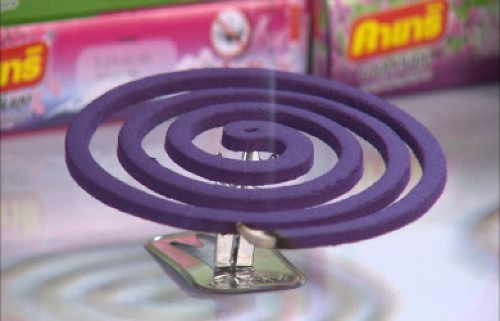Antigua and Barbuda Promoting Initiative to Provide Mosquito Traps After Ban on Mosquito Coils
ST. JOHN’S, Antigua – Antigua and Barbuda is promoting a community-driven initiative to provide affordable mosquito traps to the public, after the authorities announced the ban on mosquito coils.
 The Pesticides Toxic and Chemical Control Board in Antigua and Barbuda said while mosquito coils have proven effective in repelling mosquitoes, they have long raised concerns due to the harmful pollutants they release.
The Pesticides Toxic and Chemical Control Board in Antigua and Barbuda said while mosquito coils have proven effective in repelling mosquitoes, they have long raised concerns due to the harmful pollutants they release.
It said recent research has shown that the smoke emitted by these coils contains volatile organic compounds, some of which are known or suspected carcinogens, posing severe health risks to users.
Carcinogens are substances that can cause cancer, whether from the environment or human-made sources like cigarette smoke or vehicle emissions and chairman of the Pesticides Toxic and Chemical Control Board, Dr. Linroy Christian, made the decision to ban mosquito coils during a stakeholder conference.
The Department of the Environment (DOE) said it is delighted to announce a community-driven initiative to provide affordable mosquito traps to the public, as part of its commitment to preparing communities for the challenges of climate change.
These innovative traps, made available through participating community groups, will not only help reduce mosquito populations but also the proceeds of the sale will contribute to building climate resilience within local communities, said the Ministry of Health Wellness and the Environment.
It said in an effort to create a more climate-resilient Antigua and Barbuda, the DOE has teamed up with participating community groups to make cost-effective mosquito traps accessible to everyone.
“These traps are an essential tool in mosquito control and play a significant role in mitigating the risks associated with mosquito-borne diseases, particularly in the face of changing climate conditions.
“To support this initiative, we also calling on the general public, including businesses, to purchase mosquito traps from participating community groups and distribute them among their employees.”


